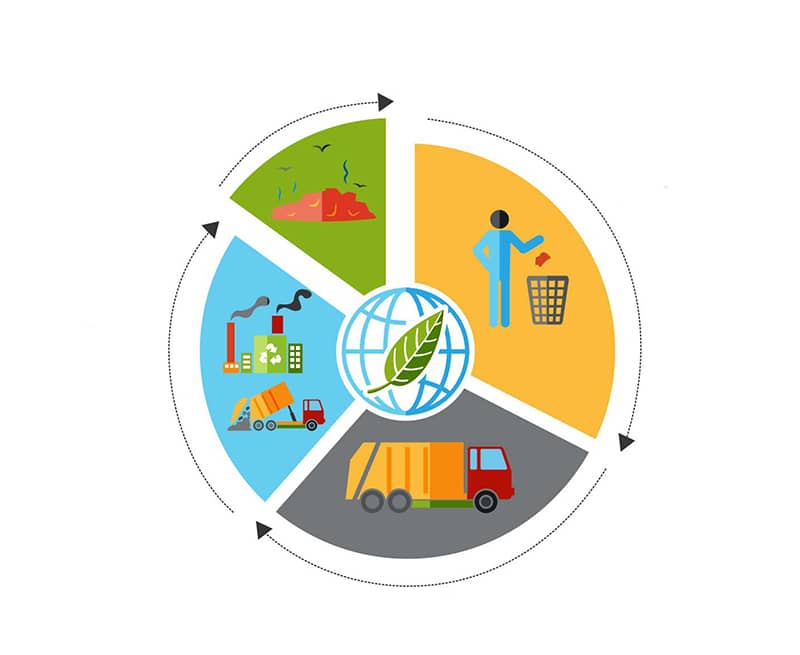The Alarming Impact of Plastic Pollution on Our Environment
The Alarming Consequences of Plastic Pollution and How to Combat It
Plastic pollution has emerged as one of the most pressing environmental challenges of our time. The widespread use of plastic products, coupled with inadequate waste management practices, has led to the accumulation of plastic debris in natural habitats, adversely affecting wildlife, ecosystems, and human health.
This article delves into the causes, consequences, and potential solutions to the plastic pollution crisis.
Understanding Plastic Pollution
Plastic-pollution refers to the accumulation of plastic objects and particles in the Earth’s environment, adversely affecting wildlife, wildlife habitat, and humans. Plastics are synthetic organic polymers, primarily derived from petrochemicals, and are known for their durability and resistance to degradation. While these properties make plastics versatile and useful, they also contribute to their persistence in the environment.
Sources of Plastic-Pollution
The primary sources of plastic-pollution include:
- Single-Use Plastics: Items such as plastic bags, bottles, straws, and packaging materials are designed for one-time use and are often discarded improperly.
- Industrial Discharge: Manufacturing processes can release plastic pellets and other waste into waterways.
- Improper Waste Management: Inadequate recycling facilities and landfill management lead to plastics entering natural environments.
- Littering: Human negligence results in plastics being discarded in public spaces, eventually making their way into oceans and rivers.
Environmental Impact of Plastic-Pollution
The environmental consequences of plastic-pollution are profound and multifaceted:
- Marine Life Threats: Marine animals, including turtles, seabirds, and fish, often mistake plastic debris for food, leading to ingestion, starvation, and death. Entanglement in larger plastic items can cause injury or drowning.
- Habitat Disruption: Accumulated plastics can alter the physical structure of habitats, affecting the organisms that depend on them.
- Chemical Pollution: Plastics can leach toxic chemicals into the environment, which can bioaccumulate in the food chain, posing risks to both wildlife and humans.
Human Health Concerns
Plastic-pollution poses several risks to human health:
- Microplastics: Tiny plastic particles have been detected in drinking water, food, and even the air we breathe. The long-term health effects of microplastic ingestion are still under study but are a cause for concern.
- Chemical Exposure: Plastics contain additives like phthalates and bisphenol A (BPA), which are known endocrine disruptors and can lead to health issues such as hormonal imbalances and reproductive problems.
Economic Implications
The economic impact of plastic-pollution is significant:
- Tourism: Polluted beaches and waterways deter tourists, leading to revenue losses for coastal communities.
- Fisheries: The decline in fish populations due to plastic ingestion and habitat degradation affects the livelihoods of those dependent on fishing industries.
- Clean-up Costs: Governments and organizations spend substantial amounts on cleaning up plastic waste from public spaces and natural environments.
Strategies to Combat Plastic-Pollution
Addressing plastic pollution requires a multifaceted approach:
- Reduce Plastic Production: Limiting the production of single-use plastics and promoting alternative materials can significantly decrease plastic waste.
- Enhance Waste Management: Improving recycling infrastructure and waste collection systems ensures that plastics are properly processed and do not end up in the environment.
- Legislation and Policies: Implementing bans on certain plastic products, imposing taxes on plastic production, and enforcing regulations can drive change at a systemic level.
- Public Awareness and Education: Educating the public about the impacts of plastic-pollution and encouraging sustainable consumption habits are crucial for long-term change.
Innovative Solutions and Technologies
Several innovative approaches are being developed to tackle plastic-pollution:
- Biodegradable Plastics: Research is ongoing into materials that can decompose naturally, reducing environmental persistence.
- Plastic-Eating Organisms: Scientists are exploring the potential of certain bacteria and fungi to break down plastics.
- Ocean Clean-Up Initiatives: Technologies designed to remove plastic debris from oceans and rivers are being implemented worldwide.
Individual Actions to Reduce Plastic Footprint
Individuals can contribute to reducing plastic-pollution through:
- Using Reusable Items: Opting for reusable bags, bottles, and containers reduces the demand for single-use plastics.
- Proper Disposal: Ensuring that plastic waste is disposed of correctly and recycled when possible.
- Supporting Eco-Friendly Brands: Choosing products from companies committed to sustainable practices encourages broader industry change.
Plastic pollution is a complex and escalating environmental issue that demands immediate and sustained action. By understanding its sources and impacts, and by implementing comprehensive strategies at individual, community, and governmental levels, we can mitigate the detrimental effects of plastic-pollution and work towards a healthier, more sustainable planet.
